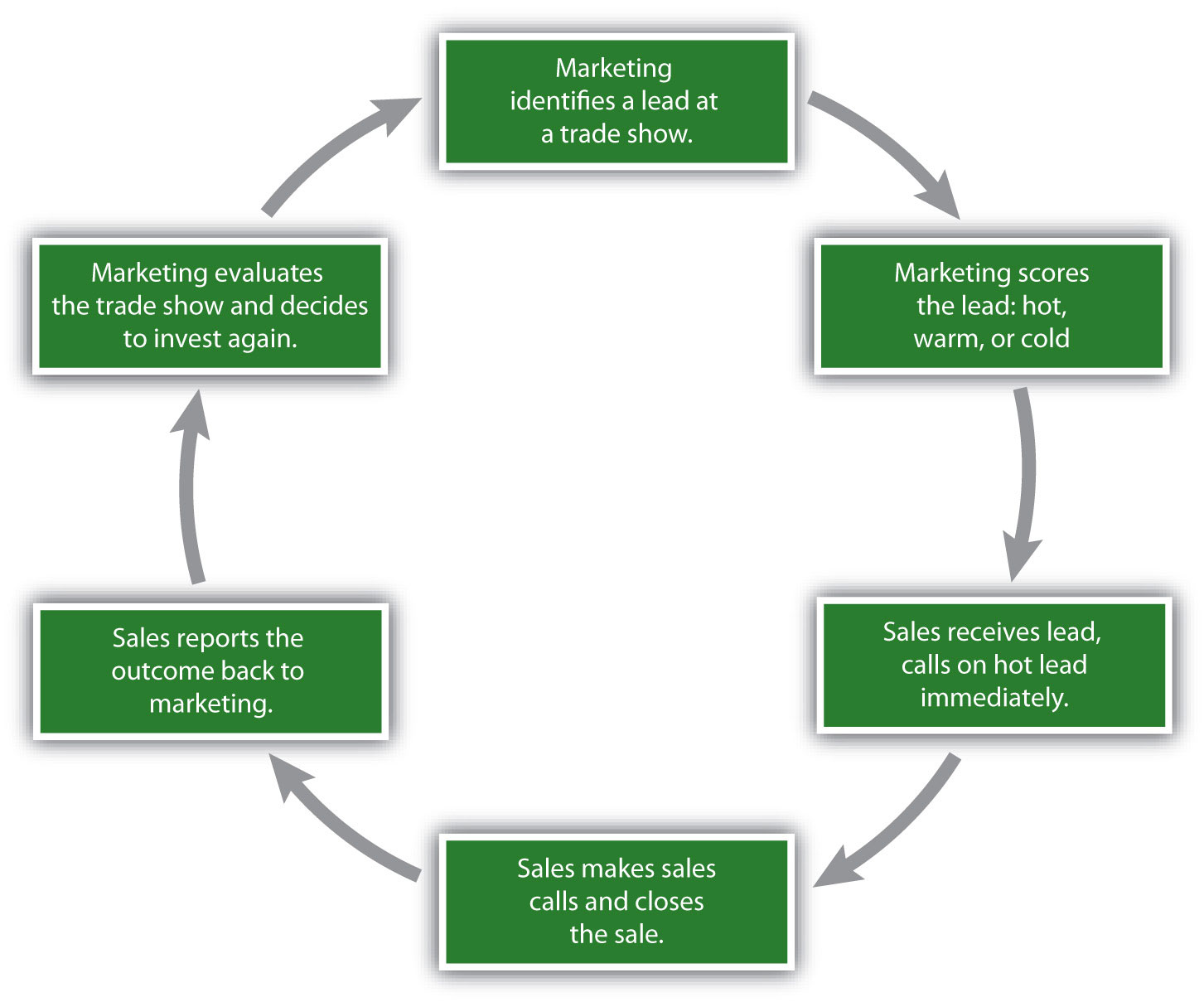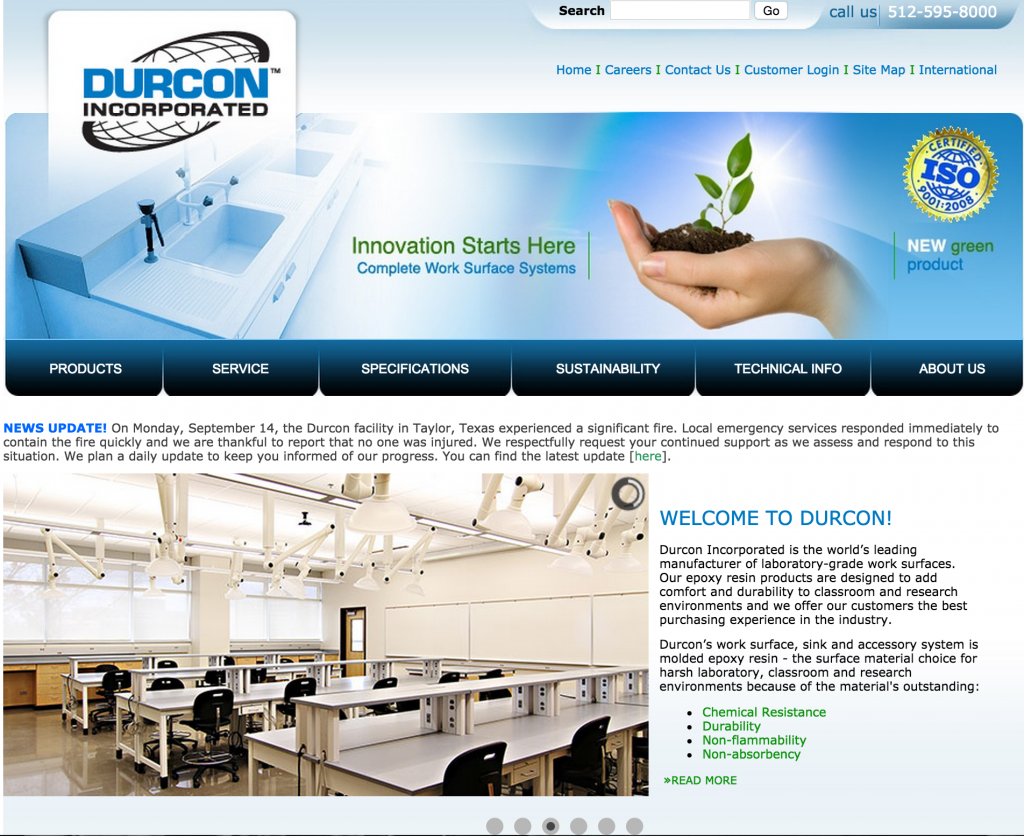Our talented team know how to excite, inspire and engage. With backgrounds in events, entertainment and travel, we’re full of ideas for amazing prizes and unforgettable incentives!
At Fulcrum, we all come to work every day because we have a shared love of travel and delivering once-in-a-lifetime experiences.
Our team meetings are buzzing with fresh ideas, brand new experiences and glowing feedback from our travellers. We know what makes a great incentive, we have an encyclopaedic knowledge of the best experiences around the world, and we have an ever-expanding ‘little black book’ of the most exclusive suppliers in the business.
In addition to our creative ideas and experience, we know that our clients value our expertise and dedication to solving problems rather than creating them. Prizes and incentives are our world, but we understand that our clients have other priorities, so we make sure we’re delivering our ideas on-time, on-budget and on-brand. We thrive on tight deadlines, logistical challenges and creating perfectly tailored solutions, without the headaches!
About us
Perfect solutions every time
As a leading marketing Agency, we’re immensely proud to work with brands and agencies across a huge range of sectors and industries, giving us an unrivalled breadth of experience.
we have created and fulfilled prizes for promotions and activations across the world.
Our aim: help our clients achieve their goals through our experience and expertise, taking the stress and hassle out of prize fulfilment.
We work for both direct brands and agencies, often in collaboration or with other specialist agencies and partners. Many of our clients have existing assets – from festival tickets to sports hospitality – which we help them to build into the best possible prize packages. Others want to create unique, eye-catching marketing and btl content around their prize winners. We can deal with winners from any country and in any language; we can provide a full btl management service; we can even source camera crews for content capture.
Whatever your brief, we’ve got it covered.
SALES INCENTIVES
Driving sales and performance through tailored, flexible incentive programmes
With pressure always on to drive sales and performance, sales incentives are an essential part of rewarding achievement within many companies. From internal staff reward programmes to dealer and channel incentives, there’s no better way to create a happy, engaged and motivated workforce.
Our main goal is to understand your people and what makes them tick. From hundreds in a call centre team to a small on ground sales team, a clear overview of your audience is the most important part of the process. By taking a best approach, offering maximum choice and flexibility, we create incentives which are targeted, effective and tailored to your team.
Whether it’s sales rewards, dealer incentives or channel incentives, drop us a line; we’d love to help you drive sales with our fresh and creative approach to prizes and incentives. From once-in-a-lifetime holidays to mini-breaks, high-street vouchers and designer goods, you can rest assured that with Fulcrum you’re in safe hands.
24 hour turnaround for urgent briefs
Topline ideas within 2 hours if needed
Competitive fixed quotes with no hidden costs
Expert Winner Management and Fulfilment
modern trade marketing Job | Loyalty marketing agent Chakala
Integrating Sales and Marketing
13.5 Integrating Sales and Marketing
Learning Objectives
- Identify the ways in which the marketing function supports the sales function.
- Describe how the sales group of a company can support its marketing efforts.
Traditionally, sales and marketing are like oil and water—the departments don’t mix well. Salespeople are typically among the highest paid employees in an organization. At the national printing company Moore-Wallace, for example, salespeople are five of the seven top-paid employees, with the CEO coming in at number three and the CFO at number five. As a result, jealousy can occur.
University of Georgia professor Tom Leigh was consulting with an organization when he asked salespeople to describe marketing. One salesperson said the marketing department was a black hole that sucked in money and gave nothing back. In the same company, a marketing manager described salespeople as selfish glad-handers who often skated on the wrong side of ethics. Unfortunately, these perceptions exist at too many organizations.
What Marketing Does for Sales
A firm’s sales and marketing groups can work well together. We’ll focus first on how marketing managers help salespeople.
Marketing Shortens the Sales Cycle
A company’s marketing activities include creating advertising and promotional campaigns, participating in trade shows, and preparing collateral. Collateral is printed or digital material salespeople use to support their message. It can consist of brochures, position papers, case studies, clinical studies, market studies, and other documents.
Salespeople use collateral to support their claims. Although a pharmaceutical rep selling a drug might claim it works faster than competing medications, a clinical study would carry more weight. If such a study existed, the drug maker’s marketing department would prepare a brochure to give to doctors that highlight those findings.
Traditionally, firms have used their marketing groups to create awareness for their offerings and brand names through advertising. Brand awareness opens doors for salespeople. Few businesspeople sit in their offices hoping a salesperson will drop by. They are too busy to entertain every salesperson who walks in! But when a salesperson does come by from a well-known company, the businessperson is far more likely to be courteous and listen, however briefly, to see if there is some value in continuing the conversation.
Marketing professionals also support salespeople by providing them with lead management. Lead management is the process of identifying and qualifying leads in order to grow new business. Closed-loop lead management systems are information systems that are able to track leads all the way from the point at which the marketer identifies them to when they are closed. Figure 13.15 “How a Closed-Loop Management System Works” illustrates the process and shows how marketing groups use the information to evaluate which of their activities are earning their companies the biggest bang for their buck.
Unfortunately, many companies lack such a system. So in many cases, marketing personnel identify leads, turn them over to sales representatives, and that’s the last they hear of them. Was the lead a good one, and did it ultimately lead to a purchase? Was the trade show that produced the lead worth the money spent attending it? These companies don’t know. Closing the loop (meaning closing the feedback loop to marketing) gives marketing personnel insight into what works and what doesn’t.
Ram Ramamurthy is a marketing professional for Sri-IIST, a company that has a closed-loop lead management system. Ramamurthy met Frank Zapata, a potential customer, at an industry trade show held annually in Las Vegas and gave Zapata a demonstration of his company’s new offering, a software service called DG Vault. So when Curtis Hamm, the Sri-IIST salesperson who handles Zapata’s account, followed up on the lead, he knew that Zapata had already seen the product. Instead of two or three sales calls to build interest in DG Vault, Hamm only needed to ask Zapata to gather all the appropriate personnel together to review the service, and then present its financial benefits to Zapata’s CFO. Because of the meeting at the trade show, at least two stages in the sales cycle were eliminated. After Hamm closed the sale, he also closed the loop, providing feedback to Ramamurthy about any lingering questions Zapata may have had. Using that feedback, Ramamurthy can strengthen the next trade show presentation.
Marketing Improves Conversion Ratios by Scoring Leads
Marketing groups also help their firms’ salespeople improve their conversion ratios by scoring the leads they send them. Lead scoring is a process by which marketing personnel rate the leads to indicate whether a lead is hot (ready to buy now), warm (going to buy soon), or cold (interested but with no immediate plans to buy). As you can imagine, someone who has had a conversation at a trade show with a company representative, seen a demonstration, and answered questions about her budget, authority, need, and time, is close to being a prospect already. The more hot leads you put into the sales cycle, the more conversions to prospects and customers you can expect.
Lead scoring is not just a function of asking questions, however. A potential customer who visits your company’s Web site, downloads a case study about how a product solved certain problems for a customer, and then clicks a link on a follow-up e-mail to watch an online demo of the offering has shown a significant amount of interest in the product. True, the lead has not answered questions concerning BANT. The buyer’s behavior, though, indicates a strong interest—a much stronger interest than someone who clicked a link in an e-mail and only watched a portion of the demo.
When should marketing pass a lead on to sales? If the lead was generated at a trade show, then the salesperson should get the lead immediately. The people and organizations designated in Leads generated through other means, however, might be targeted to receive additional marketing messages before being passed along to a salesperson. Closed-loop lead management systems provide marketing managers with the information they need to know when to pass the lead along and when more marketing conversations are effective.
Improving conversions is not just a matter of finding more hot leads, however. Marketing personnel can improve salespeople’s conversions by providing materials that help buyers make good decisions. Advertising, a company’s Web site, activities at trade shows, and collateral can all help, and in the process, improve a sales force’s conversion ratios. To be sure, some educated buyers, once they have more information about a product, will realize they don’t need or want it and will go no further. But this is better than their buying the product and becoming angry when it fails to meet their expectations.
What Sales Does for Marketing
Without the help of their firms’ salespeople, marketers would be at a serious disadvantage. Salespeople talk to customers every day. They are the “eyes and ears” of their companies. More than anyone else in an organization, they know what customers want.
Salespeople Communicate Market Feedback
Salespeople are responsible for voicing their customers’ ideas and concerns to other members of the organization. After all, if marketing managers are going to create collateral to educate them, they need to know what they need and want in the way of information. That knowledge comes from salespeople. How the information is conveyed, though, varies from situation to situation and company to company.
Accenture, the management consulting firm, engages in projects with clients that cost hundreds of thousands of dollars, if not millions. After each sale is concluded, the account management team reviews the process in excruciating detail, win or lose. Questions such as “Did we have the right information to give to the client at the right time?” or “Were our offerings aligned with their needs?” are answered. After the review, executives then decide whether the company needs to produce additional marketing material to support the offering, create new offerings, or follow up on any other ideas generated by the review.
By contrast, KMBS salespeople sell copiers and printers that range from $5,000 to $150,000. A KMBS sale generally isn’t as large as an Accenture sale, but KMBS has many more sales going on at any given time than Accenture does. The sheer volume of sales at KBMS makes it harder for salespeople to get the information related to those sales to the company’s decision makers. For that reason, KMBS uses CRM software to track all its prospects and their key buying criteria. If the sale is lost, the reasons for it can be entered into the software, as well as information about the competing product the buyer purchased. At both KMBS and Accenture, marketing personnel then use this win/loss analysis to improve each company’s marketing and sales efforts.
Figure 13.16
This elegant sushi bar is actually part of a trade show booth used by Durcon, a company that manufactures impermeable countertop. The elegance of the countertop, with its black and white design, reflects a key sales message the marketing manager responsible for the exhibit gathered from Durcon’s salespeople. Specifically, the salespeople wanted buyers to see how Durcon’s product could be customized for any elegant décor requirement.
Astute marketing professionals, however, do not rely totally on CRM software to understand what makes markets tick. As we have explained, they also spend time with real customers and with salespeople. Andrea Wharton, a marketing executive with Alcatel, is responsible for her company’s presence at trade shows. Wharton spends a great deal of time talking to salespeople in order to find out what messages are effective, and she uses that information to create Alcatel’s exhibit booths for trade shows. She then works in the booth at the shows so she can talk directly with customers and get their reactions firsthand.
Changing the offering can be the outcome of what occurs when salespeople convey information provided by their customers. Perhaps customers are asking for additional product features, faster delivery, or better packing to reduce the number of damaged products shipped. The fast-food chain Wendy’s provides us with an example. When Wendy’s began testing the idea of offering salads in its restaurants, it had a problem. Previously, the restaurant had only packaged food in paper products such as cardboard. Plastic was never used. The company had made a commitment to environmental sustainability and not using plastic was a point of pride for the organization.
For help, Wendy’s turned to the food-packaging company Pak-Sher. Wendy’s Pak-Sher sales representative could have pulled a number of different products from Pak-Sher’s shelves that would have worked marginally well for Wendy’s salads, but he knew more than that was needed. He assembled a team of packaging engineers, and they visited Wendy’s test kitchens. Together with the Wendy’s product developers, the Pak-Sher engineers created the plastic packaging Wendy’s “Garden Sensations” salads are sold in. While the plastic packaging required Wendy’s to reevaluate its position on the use of plastics, Pak-Sher engineers also incorporated recycled material to support Wendy’s sustainability goals. Pak-Sher changed its offering to meet the sustainability desires of its customer.
Figure 13.17
Kiosks, like this one made for American Airlines, contain computers made by other companies such as Dell. Salespeople from Dell worked with the kiosk manufacturer to design in the best computer solution for the job. The kiosk manufacturer’s salespeople then worked with American Airlines to provide the hardware and software solutions.
Grant Wickes – American Airlines Check In Kiosks – CC BY 2.0.
In this instance, the salesperson did not carry the voice of the customer back to the company so much as carry the company directly to the customer. Managing the collaboration in new product design is often the function of salespeople when products are customized. For example, Tim Pavlovich is a salesperson for Dell, but what he sells are called “appliances.” These appliances are Dell computers that are installed inside of the customer’s product. When you go to the kiosk at the airport and swipe a credit card in order to print your own boarding pass, chances are good that inside that kiosk is a Dell computer. Pavlovich works with Dell’s engineers to make sure that the customer gets the right component or appliance; in turn, the engineers obtain valuable customer insights that translate into new Dell products.
Salespeople Monitor the Competition
Salespeople also track the actions of their competitors, what customers buy, and enter the information into their firms’ CRM systems. When marketing managers examine the marketing and sales efforts of their competitors, they are looking for their weak spots and strengths. The weak spots can be capitalized on, whereas the strengths need to be minimized.
More specifically, marketing managers need to know which companies are the strongest competitors based on the percentage of deals they win. Knowing this information can help a firm analyze its own competitive strengths and weaknesses and develop better marketing messages, sales strategies, offerings, or a combination of the three. Marketing managers also want to know which competitors the sales force most frequently finds itself competing against. If prospects consider the same competitor’s product time and time again relative to your product, then the competitor’s marketing and sales efforts are very similar to yours. In this case, you might need to develop some countertactics your salespeople can use to eliminate the product from the prospect’s consideration set. Those tactics could include focusing on certain features only your product has or helping your buyers feel secure in the purchase by pointing out how long you’ve been in business.
Key Takeaway
Marketing personnel support a firm’s sales force by shortening the sales cycle and improving conversions. The sales cycle is shortened whenever a marketing activity or marketing communication either eliminates a prospect’s need to take a step in the sales cycle or speeds up the stages in the cycle. Marketing managers also create printed and digital materials called collateral designed to help persuade buyers.
Lead management and lead scoring are two other ways in which marketing professionals help their firm’s salespeople. If a closed-loop lead management is used, marketing managers can determine what tactics and messages works best and make sound marketing investments.
In turn, salespeople support marketing personnel by communicating their customers’ needs and ideas back to them. Salespeople are also the first to spot the actions of competing firms, including which companies and products are the strongest competitors. The marketing department then uses the information to create better marketing messages, sales strategies, offerings, or a combination of the three.
Review Questions
- What marketing activities support salespeople, and how does that support help them? Be specific.
- What do salespeople do to support marketing managers? Be specific.
- What is a closed-loop lead management and what are its benefits to salespeople?


